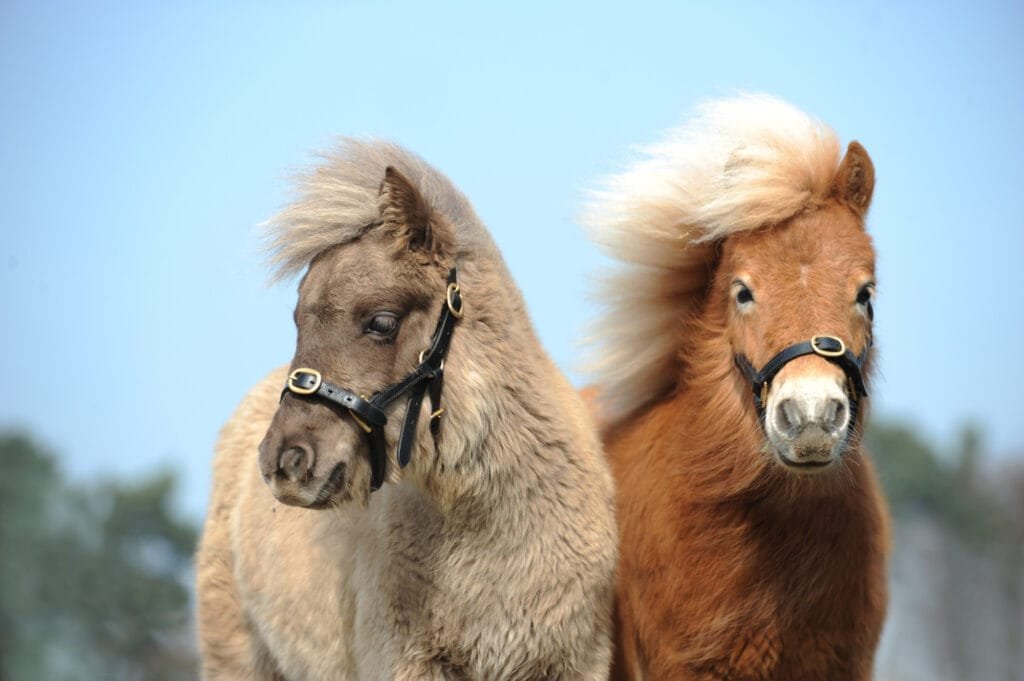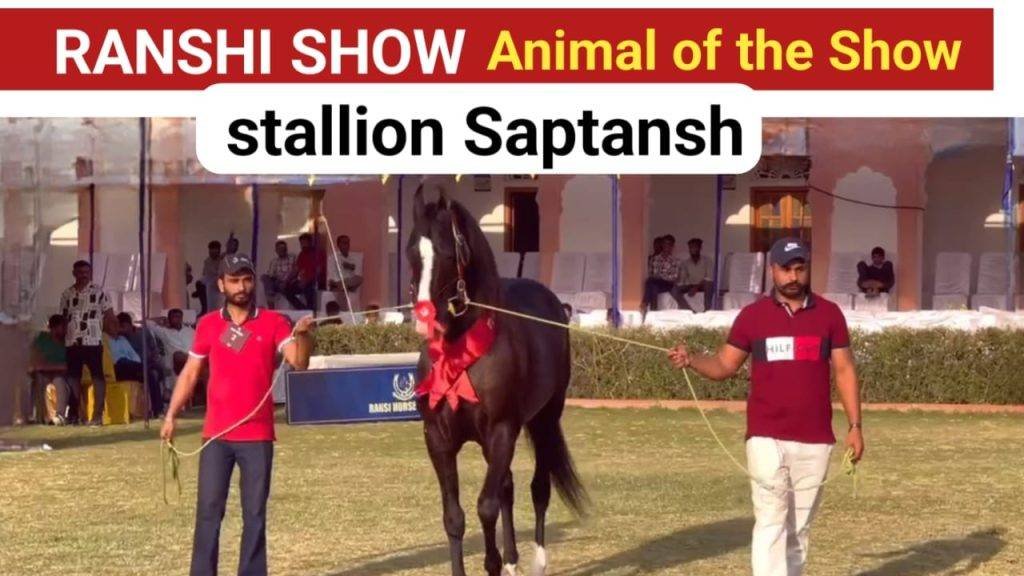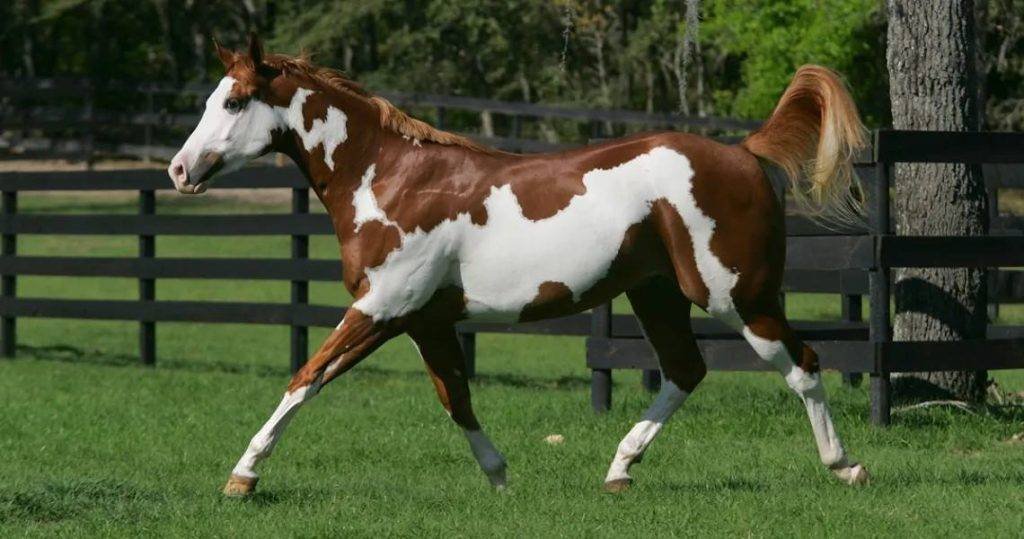Horses are naturally social animals, and they thrive in a herd environment.
Whether it’s another horse or a different type of animal, companionship is crucial for a horse’s emotional and psychological well-being. But what exactly makes a good companion for a horse? In this article, we’ll explore the qualities of a good companion for your horse and why it’s important for their overall health.
Why Companionship Is Important for Horses
Horses are herd animals by nature, which means they feel most comfortable when they have the company of others. Being alone can lead to stress, anxiety, and undesirable behaviors such as pacing, whinnying, or becoming aggressive. A companion helps to provide emotional support and enriches the horse’s life by providing social interaction, mental stimulation, and physical activity.
While it is possible for horses to live alone in some cases (with proper care), it’s generally recommended to have at least one companion to help prevent loneliness and boredom.
Key Qualities of a Good Companion for a Horse
When choosing a companion for your horse, there are several important factors to consider to ensure a harmonious relationship:
1. Temperament
A good companion for a horse should have a calm, gentle, and non-aggressive nature. Horses are sensitive creatures, and a companion that is too dominant, nervous, or aggressive could cause stress or lead to unwanted behaviors. Ideally, the companion should be friendly and comfortable around horses, able to coexist without overwhelming the horse.
2. Size Compatibility
The companion should be of a similar size or be manageable for the horse to interact with. For instance, a small animal like a goat or pony can work well, but it’s essential to ensure that the size difference doesn’t cause stress for either animal. A larger animal, such as a cow or a larger horse, should also be considered based on the horse’s comfort level.
3. Energy Level
It’s essential to match energy levels. For example, if your horse is calm and quiet, a hyperactive or overly energetic companion might stress them out. Horses benefit from companions that help them stay relaxed, so look for animals with a similar activity level.
4. Dietary Needs
The companion animal should have similar dietary needs to the horse or be easily managed alongside the horse’s feed. For example, a grazing animal like a goat or sheep might share grazing areas with your horse, while others, such as a dog or chicken, will have different needs that require more attention to feeding.
5. Social Nature
The companion should be a social animal that enjoys interaction with other animals. For example, donkeys and ponies are naturally social creatures and bond well with horses. Animals like dogs, goats, and even sheep can also provide valuable companionship. However, some animals, like cats, might be less interactive and less helpful as companions.
Types of Good Companions for a Horse
Here are some of the best companion animals for a horse:
- Another Horse: The most obvious and ideal choice for companionship is another horse. Horses are herd animals, and they naturally feel more at ease with others of their kind. However, not all horses get along, so it’s important to ensure that the two horses are compatible in terms of temperament and size.
- Ponies: Ponies can make excellent companions for horses due to their similar behavior and size. A pony can keep a horse company and won’t pose any threat to its safety or comfort.
- Donkeys: Donkeys are often considered one of the best companions for horses. They are gentle, friendly, and social animals. Donkeys are also protective and can help watch over the horse, making them excellent additions to a herd.
- Goats: Goats are a popular choice because they are friendly, social animals and often enjoy grazing alongside horses. They’re also small, which makes them an ideal companion for horses that may be too large or strong for other animals.
- Mules: Mules (a cross between a horse and a donkey) can also be great companions. They tend to have a calm, friendly nature and are often more tolerant of different animals than horses or donkeys on their own.
- Sheep: Sheep are gentle and social animals, making them good companions for horses. They enjoy grazing and often fit well into the same living space.
- Cattle: While not the first choice, cattle can sometimes make good companions, especially in large farming or ranching environments. Cattle and horses can coexist peacefully if they have enough space and are properly introduced.
- Dogs: While not ideal as a primary companion, some horses form close bonds with well-trained dogs. Dogs can provide a different type of companionship, but they should be calm and not aggressive toward the horse.
Conclusion
A good companion for a horse should have a friendly, calm demeanor, a compatible size, and similar energy levels. While another horse is often the best option, animals like donkeys, ponies, goats, and even mules can provide excellent companionship and help reduce loneliness. When choosing a companion, always take into account the personality, needs, and comfort level of both animals to ensure a peaceful and happy environment.
Providing your horse with a suitable companion will not only improve its mental and emotional well-being but also help create a happier, healthier horse.




